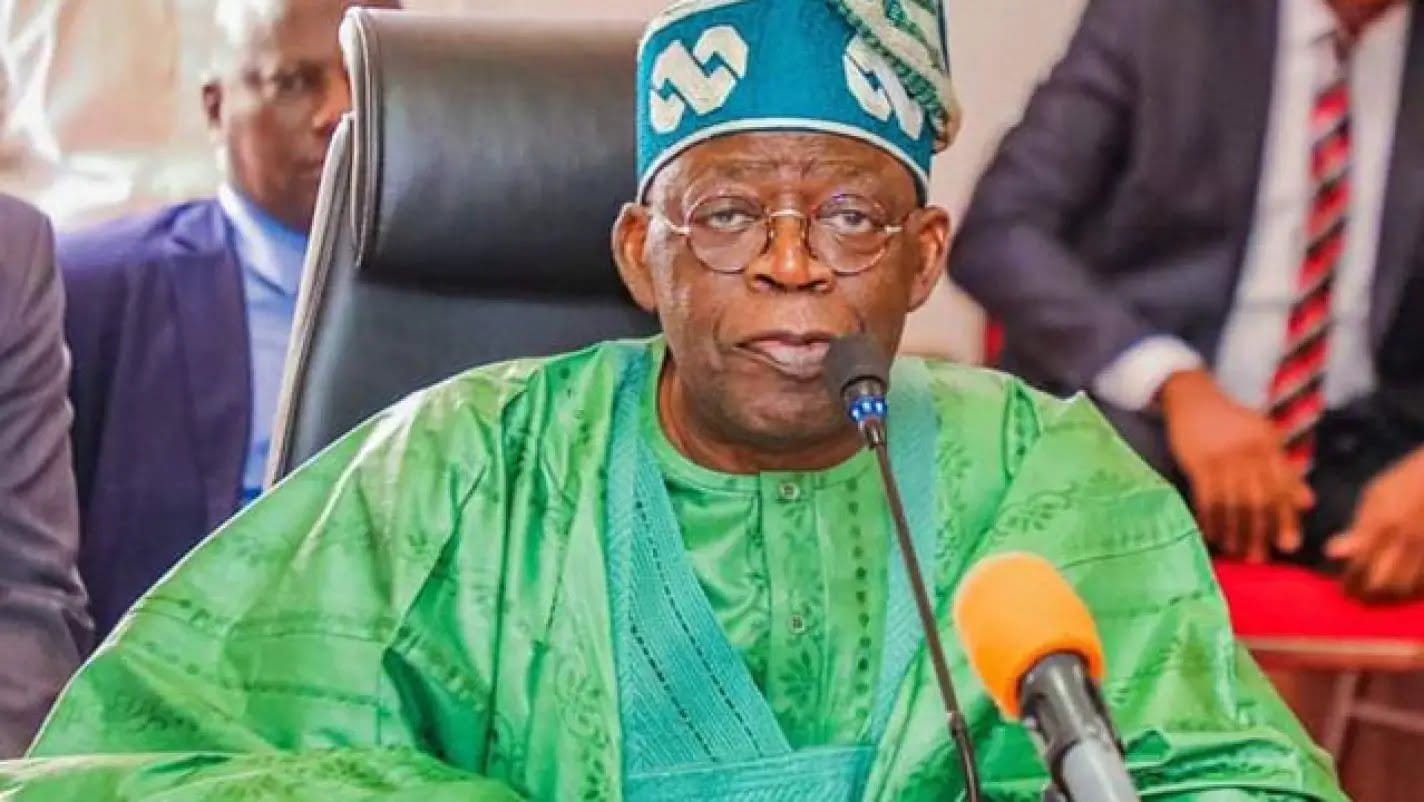On Nigeria’s 65th Independence Day, President Bola Tinubu declared that the “worst is over,” even as citizens face worsening economic hardship. In his national address, Tinubu acknowledged the pain caused by his government’s sweeping reforms but insisted they were necessary to reset the economy. Reuters reported that gross domestic product grew 4.23 percent in the second quarter, Nigeria’s fastest pace in four years, while inflation eased to 20.12 percent, the lowest in three years.
The president highlighted what he described as signs of recovery, including consecutive trade surpluses, a rebound in oil production to 1.68 million barrels per day, and external reserves rising to 42.03 billion dollars, the highest since 2019. He also pointed to social programmes, noting that 330 billion naira has been disbursed to eight million vulnerable households to help cushion the impact of rising living costs.
Still, critics and economists warn that the relief measures remain insufficient. The International Monetary Fund has flagged inflation and widespread poverty as ongoing threats, with over 129 million Nigerians living below the poverty line. Labour unrest, including the dismissal of hundreds of refinery workers, has also raised concerns over stability in the vital oil sector.
Analysts say Tinubu’s message of resilience may bolster investor confidence, but the test will be whether reforms deliver tangible improvements in daily life. For many Nigerians, the 65th year of independence underscores both the weight of current hardship and the urgency of turning policy gains into visible progress.

